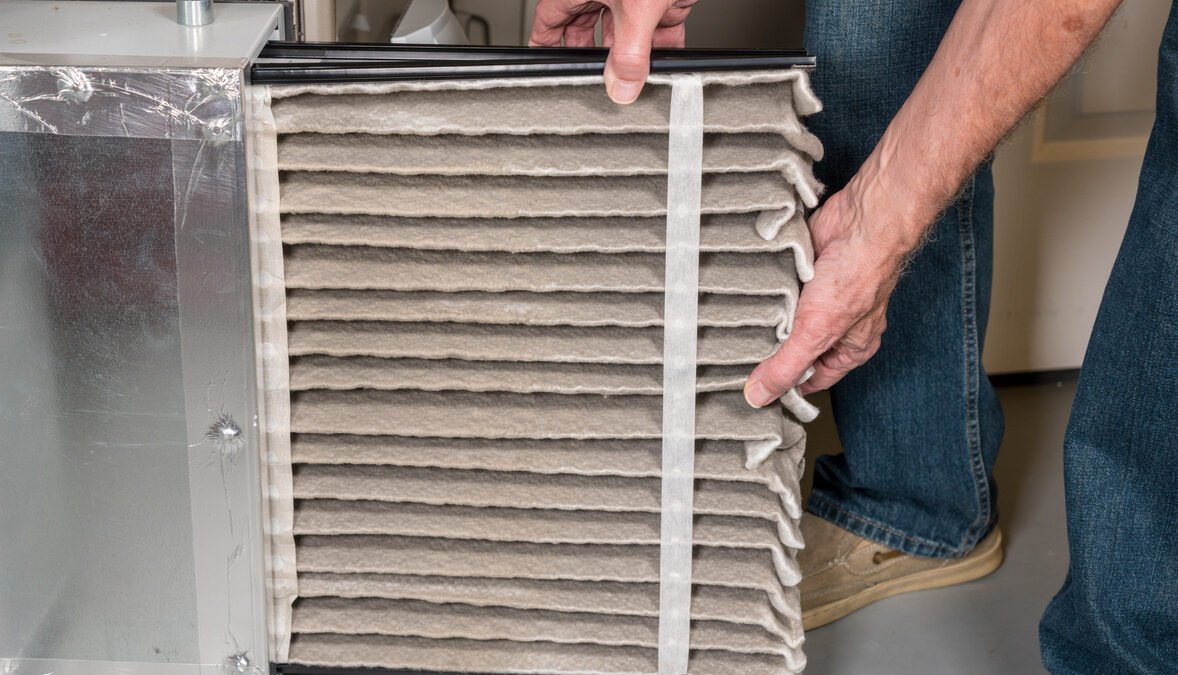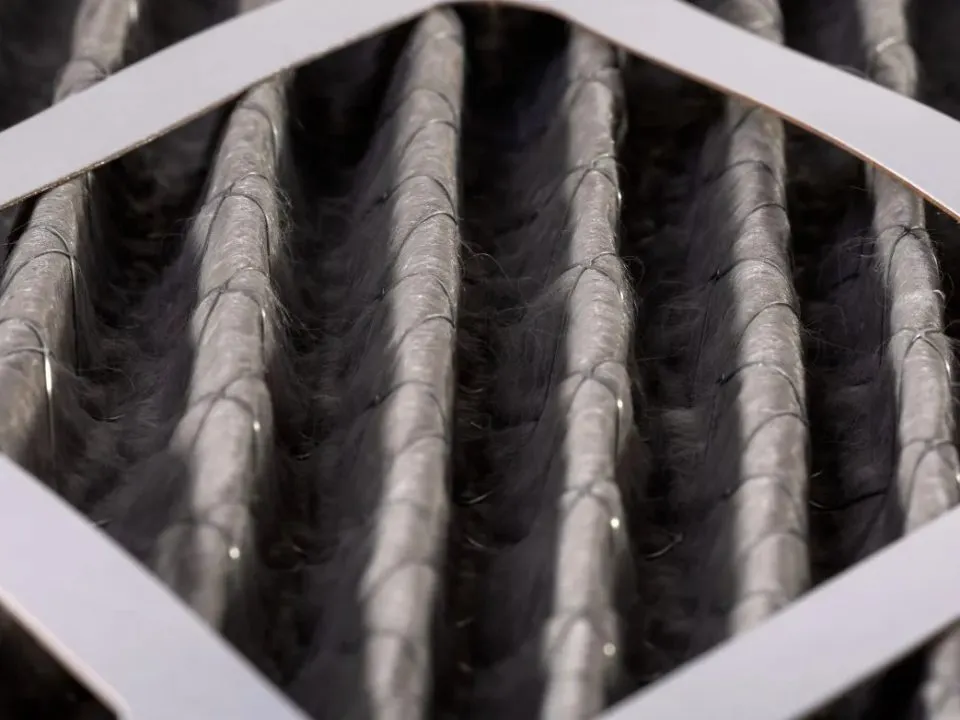
Maintaining a clean and healthy indoor environment is crucial for our well-being. One of the critical components in achieving this is ensuring that your HVAC (Heating, Ventilation, and Air Conditioning) system is equipped with the proper sizes of air filters. Choosing the correct air filter size is essential for efficient air filtration and optimal performance of your HVAC system.
Understand the Importance of Air Filters
Air filters play a vital role in trapping dust, pollen, pet dander, mold spores, and other airborne particles, preventing them from circulating throughout your home. They also protect the HVAC system from damage caused by debris accumulation. Choosing the correct sizes of air filters ensures that the system functions effectively, keeping your indoor air clean and your HVAC system running smoothly.
Check the HVAC System Manual
The first step in finding suitable sizes of air filters is to consult the manual or documentation provided with your HVAC system. The manual usually contains information about the recommended filter sizes and types specific to your system. Look for details such as dimensions, filter ratings, and any additional requirements the manufacturer mentions.
Measure the Existing Filter
If you already have an air filter installed, you can determine the correct size by measuring it. Use a tape measure to record the filter’s length, width, and thickness. It’s important to note that the thickness may be listed as the nominal size, which can be slightly different from the actual size due to manufacturing variations. Record nominal and real sizes to avoid confusion when purchasing replacements.
Consult an HVAC Professional
Suppose you need clarification about measuring the existing filter or help to find the necessary information in the manual. In that case, it’s advisable to seek assistance from an HVAC professional. They have the expertise to determine the appropriate filter size for your specific system accurately. They can also guide the ideal filter type based on indoor air quality needs.
Consider MERV Ratings
MERV (Minimum Efficiency Reporting Value) ratings indicate the efficiency of an air filter in capturing particles of different sizes. Higher MERV ratings generally mean better filtration but can also impede airflow if your HVAC system is not designed to handle them. Refer to the HVAC system manual or consult a professional to ensure the chosen filter size and MERV rating are compatible with your system.
Purchase the Correct Filters
With the correct filter size and additional requirements, you can now purchase the right filters for your HVAC system. Visit a local hardware store or HVAC supplier, or explore reputable online retailers that offer a variety of filter sizes and types. Ensure you select filters that match the measurements obtained from your measurements or professional consultation.
Regularly Replace Filters
Once you have installed the correct filters, it’s essential to establish a routine for regular filter replacement. Over time, air filters become clogged with captured particles, reducing their effectiveness and straining the HVAC system. Follow the manufacturer’s guidelines or consult an HVAC professional to determine the recommended frequency of filter changes based on your specific circumstances.


